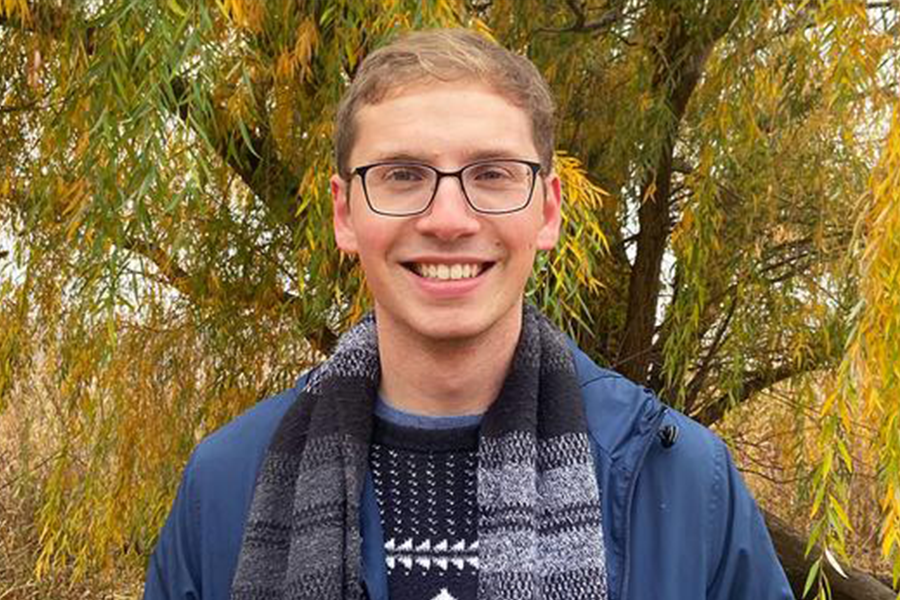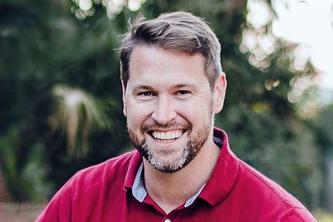
Gustave Stewart wants to help make transportation more sustainable, efficient, and multimodal. It's part of his larger goal of making cities and communities healthier and more equitable.
Stewart decided to pursue his Master of Urban and Regional Planning (MURP) at the Humphrey School of Public Affairs because he knows it will give him the skills to tackle these goals.
"Most urban planning and transportation planning programs are design focused. I liked the fact that the Humphrey School MURP was policy focused," he says. Affordability was also a factor in his choice—the Humphrey School gave him scholarships to support his studies.
"There are not many other places where people will nerd out about transportation, environmental, and housing policies.” —Gustave Stewart
Stewart also got a research assistantship that gave him valuable work experience.
"I worked with the Minnesota Department of Natural Resources (DNR) on bicycle-pedestrian trail data," he says. "We looked at patterns and trends on DNR trails. Usage trends can help the DNR decide when to perform maintenance and other work."
Before coming to the Humphrey School, Stewart completed his bachelor's degree in political science at the University of Iowa and worked for two years in the state budget office in Illinois.
He has an open mind about where his career will take him next. He appreciates the Humphrey School's strong regional alumni network and its mentorship program.
"My mentor helped me get informational interviews, so I was able to get to know what different specialist roles looked like in the private sector, city government, [and] county government,” he says. “I got a sense of the different transportation planning roles. Being able to make those connections will support my future career choices.”
Stewart advises anyone who wants to dive deeper into planning to consider the Humphrey School’s MURP program.
"It's a way to explore issues in depth. You can't do this on your own. It allowed me to think critically through these issues," he says. "Classes are discussion based. For example, in the environmental justice and urban planning course that I took, we talked about the nuances of issues—like disasters, disability justice, and Native American issues—in class."
Adds Stewart: "There are not many other places where people will nerd out about transportation, environmental, and housing policies.
- Categories:
- Law and Policy
- Environmental health
- Planning
- Transportation




